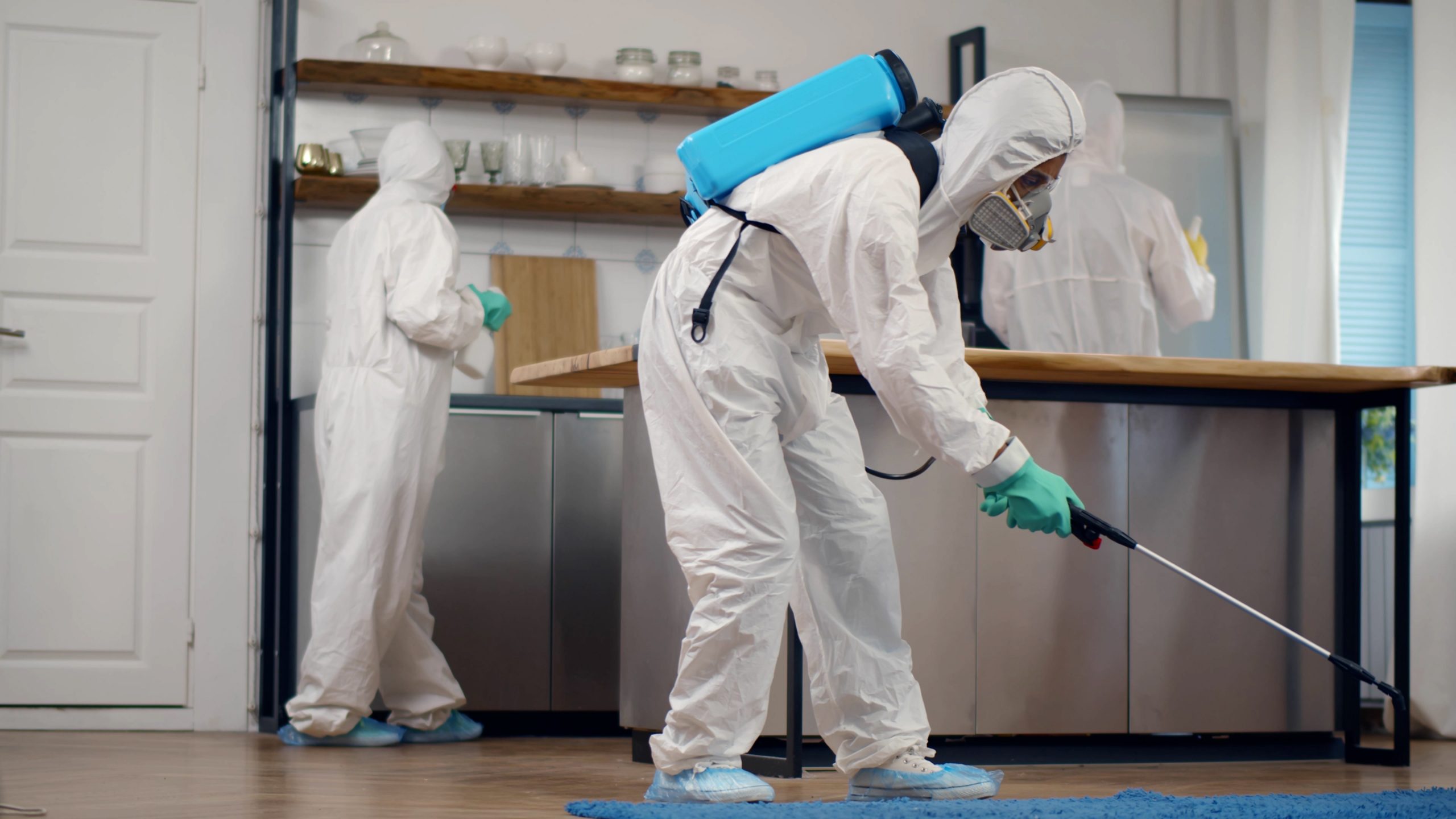Reliable A1 Bed Bug Treatment in Charlotte - Safe and Proven Approaches
Reliable A1 Bed Bug Treatment in Charlotte - Safe and Proven Approaches
Blog Article
Bed Insect Therapy Failure: Comparing Chemical Vs. Non-Chemical Solutions
In the realm of parasite control, especially when managing the persistent issue of bed bugs, the selection in between chemical and non-chemical treatment solutions can be a critical one. Both methods supply distinct advantages and disadvantages, influencing factors such as efficiency, security factors to consider, and general cost. By analyzing the nuanced information of each method, a clearer understanding of which course to pursue in resolving a bed pest problem can be attained.
Performance of Chemical Treatments
Chemical treatments for bed pest problems have been commonly acknowledged for their fast and potent effectiveness in removing these bugs. When taking into consideration the effectiveness of chemical treatments, it is vital to recognize that they can provide a thorough and fast option to a bed insect issue. Expert pest control men typically rely upon insecticides to target bed insects at different stages of their life process, consisting of grownups, nymphs, and eggs. These chemicals commonly function by interrupting the bed bugs' nervous system, causing paralysis and eventual fatality.
Furthermore, chemical therapies have the benefit of using recurring impacts, suggesting that they can remain to eliminate bed pests even after the preliminary application. This recurring action is specifically useful in combating any kind of possible re-infestations. Furthermore, the rapid action of chemical therapies can bring alleviation to people dealing with extreme bed bug invasions, permitting them to restore control of their space quickly.
Safety Problems With Chemical Solutions
One important element that needs careful factor to consider when utilizing chemical solutions for bed pest treatment is ensuring the safety and security of occupants and the setting. Exposure to particular chemicals used in bed pest treatments can lead to respiratory problems, skin irritability, or other negative responses, specifically in individuals with pre-existing conditions or level of sensitivities.
In addition, the environmental effect of chemical solutions is one more considerable factor to consider. Some pesticides utilized in bed pest therapies might be damaging to beneficial bugs, wild animals, and communities if they seep into the soil or water supply. It is important to utilize chemical treatments sensibly, complying with safety and security standards, and thinking about less harmful options to alleviate these threats and ensure the risk-free and reliable monitoring of bed bug invasions.
Advantages of Non-Chemical Techniques
Thinking about the prospective safety and security problems and environmental effect connected with chemical options for bed insect treatment, checking out non-chemical techniques offers an appealing alternative with several distinct benefits. Non-chemical techniques supply a more secure alternative for houses, specifically those with individuals, youngsters, or family pets conscious extreme chemicals. These techniques get rid of the risks of exposure to toxic materials, minimizing the capacity for adverse health and wellness effects. Furthermore, non-chemical therapies are ecologically friendly, as they do not add to air or water air pollution, making them a sustainable choice for bug control.
Additionally, non-chemical services can be efficient in targeting bed pests, including hard-to-reach areas where chemical therapies might not penetrate - A1 bed bug exterminator charlotte. Methods such as warm treatment, have a peek at these guys vacuuming, heavy steam cleaning, and bed mattress coverings give comprehensive removal without the use of damaging chemicals.
Limitations of Non-Chemical Treatments

In addition, non-chemical treatments typically require several applications to attain effective removal. This can be lengthy and might not always assure complete elimination of all bed bugs and their eggs, especially in hard-to-reach or surprise places.
In addition, the success of non-chemical treatments heavily relies on appropriate execution and thoroughness, which can be testing for people without specialist competence. Poor application of non-chemical approaches might you can check here result in insufficient eradication, causing relentless invasions and the requirement for extra therapies.
Therefore, while non-chemical treatments have their benefits, it is important to acknowledge these limitations and consider them when figuring out one of the most efficient technique for handling bed bug invasions.
Price Comparison: Chemical Vs. Non-Chemical Options
Offered the limitations connected with non-chemical therapies, an essential facet to evaluate in the context of bed insect monitoring is the cost comparison in between chemical and non-chemical choices. In contrast, non-chemical treatments like warm therapy or vapor can be much more costly, with prices varying from $1,000 to $6,000 for an entire home. While the initial price of chemical treatments may appear reduced, numerous treatments may be called for to fully eliminate the invasion, possibly enhancing the general price.
Conclusion

Considering the prospective security problems and environmental impact connected with chemical services for bed bug treatment, exploring non-chemical techniques provides an encouraging More about the author choice with several distinct benefits.Provided the constraints linked with non-chemical therapies, an important facet to assess in the context of bed insect monitoring is the price contrast in between chemical and non-chemical options. In contrast, non-chemical treatments like heat treatment or steam can be more costly, with costs varying from $1,000 to $6,000 for a whole home. While the first price of chemical therapies may seem lower, multiple therapies might be called for to fully eradicate the infestation, potentially raising the total price.In verdict, when comparing chemical and non-chemical bed bug therapy options, it is necessary to take into consideration efficiency, security, benefits, limitations, and price.
Report this page